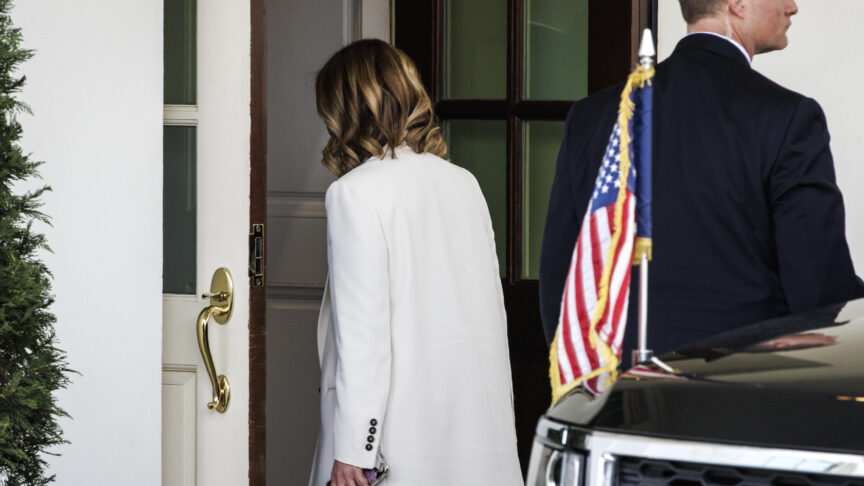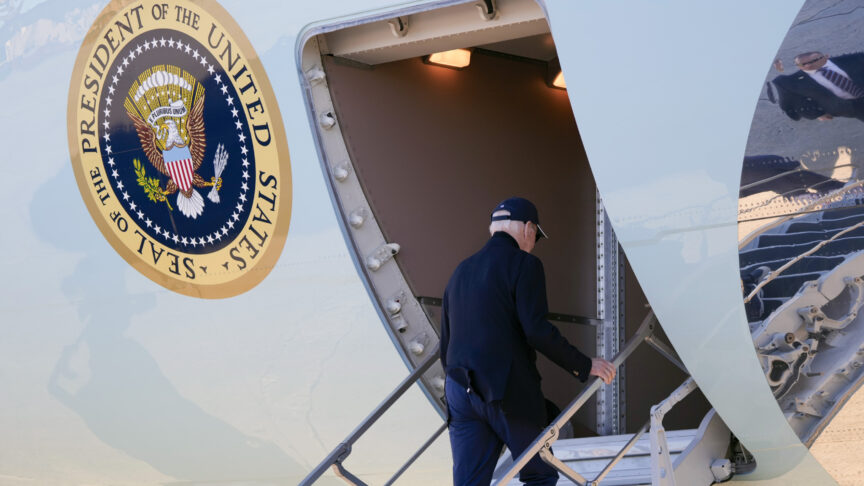Aggression on trial: The tricky path towards prosecuting Russian war leaders
A UN-backed court could reinforce condemnation of Russia’s aggressive war and reduce Putin’s legitimacy on the international stage. But its establishment and success will depend on the commitment it receives
The European Commission has endorsed the idea of creating a special court to investigate and prosecute Russian leaders for aggression against Ukraine. France and the Baltic states have also declared their support for the initiative, which has been strongly pushed by the Ukrainian government. The appeal of the initiative is obvious, given the manifestly illegal nature of Russia’s attack and President Vladimir Putin’s personal responsibility for ordering it. There are unquestionable legal grounds for setting up a special court that could prosecute Russian leaders for their actions – as well as Belarus’s leader, Alyaksandr Lukashenka, who allowed his country to be used by Russian forces. Yet, the decision to set up a tribunal is ultimately a political one – and it should be considered in terms of its practical consequences. Beyond its value as a symbolic show of support for Ukraine, what chance would it have of bringing those responsible for Russia’s aggression to justice? And would it help establish the principle of accountability for launching an aggressive war?
The establishment of a special tribunal would address a gap in the architecture of international justice and reinforce the fundamental international norm against aggressive war. Aggression is recognised as a crime under international law for which individuals can be prosecuted. The International Criminal Court (ICC) has had jurisdiction over aggression since 2018, after its statute was amended to define the crime and the circumstances in which the court could prosecute those responsible for it. Ukraine has accepted the jurisdiction of the ICC, but in the case of aggression there is a catch: unlike other crimes, the ICC can only prosecute individuals for aggression if the state they belong to has joined the court and agreed to give it jurisdiction over aggression. Since Russia is not a member of the ICC, the court cannot prosecute Russian leaders for this crime. Russian forces may of course be prosecuted for war crimes and crimes against humanity before the ICC – as well as genocide, if the court believes it has occurred in Ukraine. But many people feel that Russia’s aggressive attack on Ukraine is the original crime from which these other crimes spring.
Commission president Ursula von der Leyen called for a court to be set up with the backing of the United Nations. The most likely route is a vote from the General Assembly endorsing the court, which would then be set up by treaty between the UN and Ukraine. The involvement of the UN is important: it would give the court greater international legitimacy and help deflect criticism that it was only supported by the countries directly backing Ukraine in the conflict.
However, it is not self-evident that the tribunal’s backers will be able to gain widespread international support for a General Assembly resolution to set up a special tribunal on aggression. Its establishment would inevitably raise questions of selectivity: why a court in this case, as opposed to other cases of aggression? Supporters of a tribunal argue that Russia’s invasion of Ukraine and attempted annexation of Ukrainian territory represents a particularly blatant violation of the UN Charter. Moreover, it is better to punish some cases of aggression than none, and the case for prosecution has been strengthened by the inclusion of aggression in the jurisdiction of the ICC. However, the perception among some countries in the global south that European countries are excessively focused on Russian aggression and less concerned with conflicts and crises elsewhere may remain a problem.
European countries would have the best chance of winning support for an aggression tribunal if they could rebut the charge of double standards. One clear step would be for those member states that have not yet accepted the amendment to the ICC statute that would give the court jurisdiction over aggression in their own case to do so. It is jarring that, for example, France supports the establishment of a tribunal on Russian aggression but does not grant the ICC the right to oversee its own use of force overseas. Beyond this, member states could support a further amendment to the ICC statute that would allow the court to prosecute cases of aggression even when the aggressor state has not joined the ICC or accepted its jurisdiction in this area – as some diplomats and scholars have proposed. However, the United States would strongly resist such a step, since it has consistently opposed the ICC’s power to bring charges against non-members even over less politically contentious crimes.
A UN resolution would also come up against some countries’ apparent reluctance to impose punishment on Russia or to support justice processes against heads of state. The General Assembly’s votes on Ukraine so far have shown that there is greater backing for resolutions that rhetorically endorse fundamental norms, such as that against the annexation of territory, than for measures to sanction Russia, such as suspending it from the Human Rights Council. Some African countries have also complained that the ICC has been too inclined to prosecute African leaders, ignoring the political consequences of doing so. A number of them might balk at supporting a tribunal that explicitly targets a leadership crime.
Even if a tribunal is created, there seems little prospect that Putin, other Russian officials, or Lukashenka could end up in the dock any time soon. The most likely way that Putin and his peers might stand trial would be through an internal change of regime in Russia or Belarus. There is a precedent for this; the former Yugoslav president, Slobodan Milosevic, was indicted by the Yugoslav war crimes tribunal during the Kosovo war and ended up before the court after losing power in Belgrade. By contrast, holding trials in absentia, as some have suggested, seems likely to lessen the credibility of a court whose legitimacy would be its most important asset.
A court that upholds accountability for an international crime like aggression can have value even if it does not immediately hold trials. Changing circumstances could bring those it has indicted within its reach, and in the meantime, they would stand accused by an impartial body of breaching a fundamental law. But the expressive and practical effect of such an indictment would depend critically on how much support the court receives. If a significant number of countries act as if the court’s indictments are meaningful, it will reinforce condemnation of the crimes involved and help reduce Putin’s legitimacy on the international stage. Conversely, if the court’s indictments are widely ignored, it could come to be seen as a marginal institution.
If a significant number of countries act as if the court’s indictments are meaningful, it will reinforce condemnation of the crimes involved and help reduce Putin’s legitimacy on the international stage
Unlike courts established by Security Council resolution, there would be no obligation for countries to cooperate with a court resulting from a General Assembly vote. Beyond those countries that have sanctioned Russia, it is unclear how many states would risk jeopardising relations with Russia by threatening to arrest its president if he were to visit them. European countries will not return to the kind of relations they enjoyed with Russia before the conflict under any circumstances. Nevertheless, they could face a choice about how far to support an aggression tribunal if a settlement to the conflict in Ukraine becomes possible at some point. If Russia makes the ending or reduction of sanctions into a condition of whatever peace agreement is on the table, European leaders may be inclined to agree, even if arrest warrants from an aggression tribunal (or from the ICC for other crimes) remain unfulfilled.
Ultimately, international courts tend to reflect the political dynamics of the world rather than alter it. An aggression tribunal would not affect the complex global politics of the current moment. Many countries may disapprove of Russia’s actions, but none outside the West and its closest Asian allies are prepared to make this the central reference point of their foreign policy. EU member states see Russian aggression and its violent rejection of the post-cold war order as a fundamental security threat, but they also accept that they cannot risk the escalation that direct involvement in the war would entail. Putin’s war appears disastrous for Russia, but there is no indication that his position is immediately vulnerable or that foreign countries can do anything to undermine it. Against that background, the short-term impact of an aggression tribunal would necessarily be limited, and its ultimate legacy dependent on developments that European countries cannot anticipate.
The European Council on Foreign Relations does not take collective positions. ECFR publications only represent the views of their individual authors.



